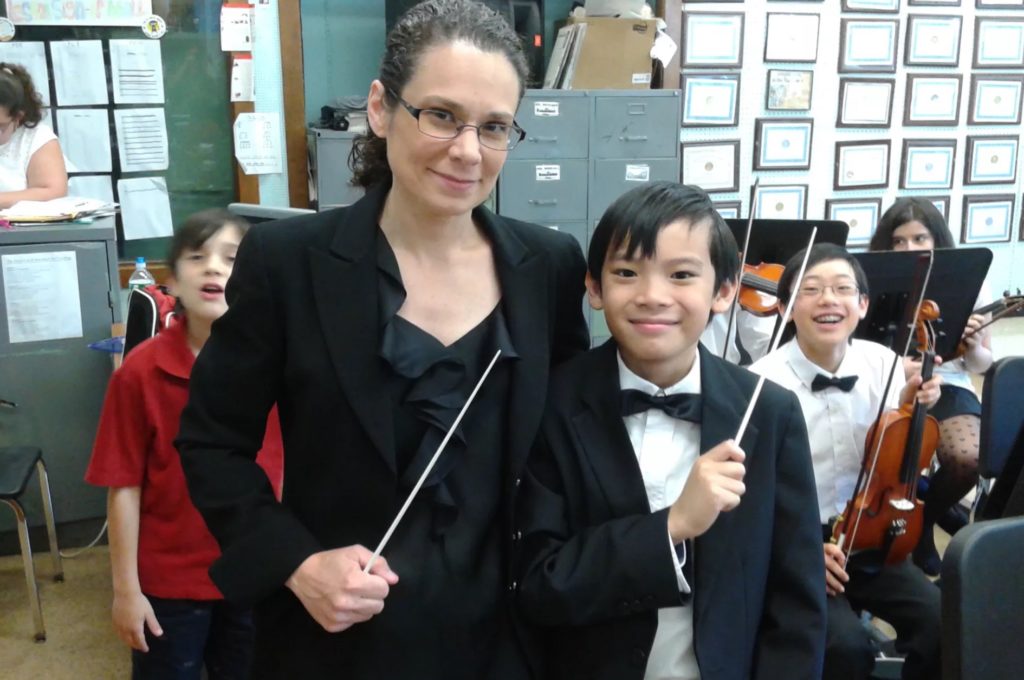This award-winning NYC music teacher had her students making podcasts during the pandemic

“This award-winning NYC music teacher had her students making podcasts during the pandemic” was originally published by Chalkbeat, a nonprofit news organization covering public education. Sign up for their newsletters here.
Melissa Morris worked hard to keep her students at Brooklyn’s James Madison High School engaged when New York City schools went remote due to the coronavirus pandemic.
A music teacher, she leaned into live lessons whenever possible.

Brooklyn Boro
View MoreNew York City’s most populous borough, Brooklyn, is home to nearly 2.6 million residents. If Brooklyn were an independent city it would be the fourth largest city in the United States. While Brooklyn has become the epitome of ‘cool and hip’ in recent years, for those that were born here, raised families here and improved communities over the years, Brooklyn has never been ‘uncool’.